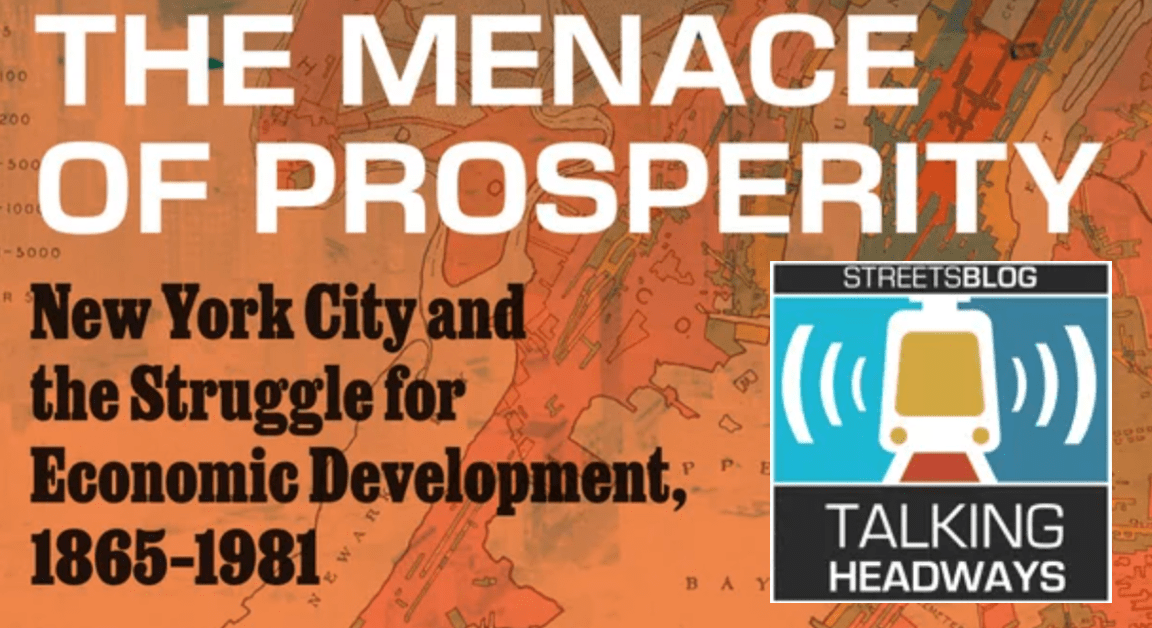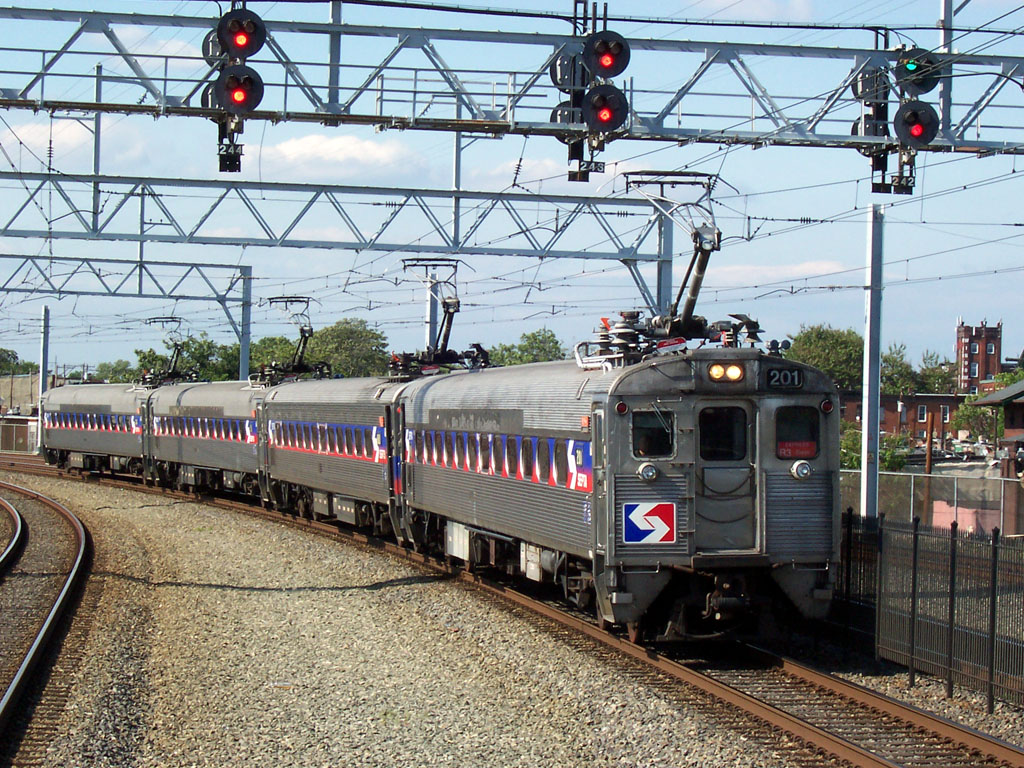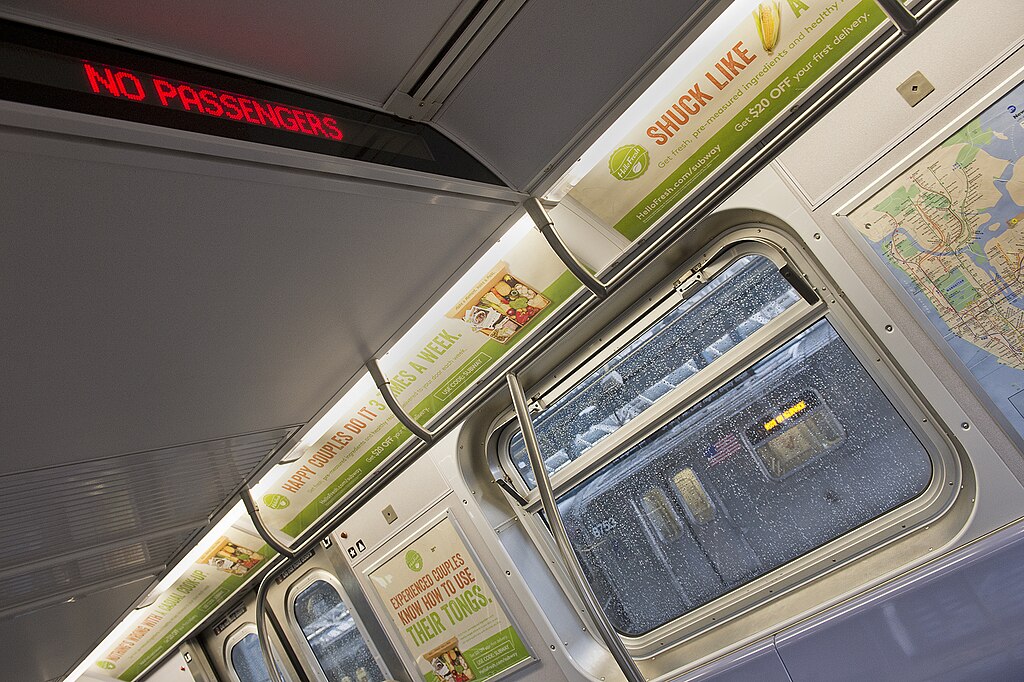If the House, Senate, and President Obama don’t agree on a course of action by the end of this week, the U.S. will be left with no federal budget, and the government will shut down. Transit agencies and construction interests don't seem alarmed, but the American Association of State Highway and Transportation Officials estimates that a government shutdown would stop $100 million in transportation dollars a day from flowing into the national economy.

Lawmakers now say they're getting close to an agreement on a Republican proposal to extend the current budget (still operating at 2010 levels) for two more weeks to allow the two chambers to find consensus on spending levels for the rest of FY2011. But a shutdown at some point is still a distinct possibility.
House Democrats have been calling for a clean extension of the current budget – extending current spending levels – until March 31. Republicans didn't bite, proposing an extension that would cut $4 billion over those two weeks. But Democrats couldn’t help noticing that the GOP “compromise” actually just enacts the controversial Republican budget: Cutting $4 billion over two weeks is proportionally the same as cutting $61 billion through the end of the fiscal year (a path that would hinder economic growth, Goldman Sachs forecasted). The GOP proposal was deemed a “nonstarter” last week by Jon Summers, a spokesperson for Senate Majority Leader Harry Reid.
But by yesterday, Senate Budget Committee Chair Kent Conrad (D-ND) was calling the Republican proposal "acceptable" and the two houses were nearing a compromise. (Democrats aren't the only ones switching positions. Just a couple weeks ago House Speaker John Boehner was refusing to entertain the notion of an extension, preferring instead to allow the government to shut down.)
Will this two-week compromise pave the way for a real compromise on the rest of the fiscal year's budget? According to Naftali Bendavid in this morning's Wall Street Journal, the deal could actually jeopardize the success of such negotiations. After all, he wrote, in agreeing to this two-week deal, the House and Senate "are deferring and possibly deepening the challenge of reaching a longer-term spending agreement." Bendavid went on to say that GOP leaders crafting the plan "are calling only for cuts that many Democrats find palatable. This will make it more difficult to reach a bipartisan agreement on additional cuts when the two sides begin negotiations" on the FY2011 budget as a whole.
All of this means that the “nuclear option” of a government shutdown, which has gone from improbable to likely and now thoroughly unpopular, could still happen.
What would that mean for the transportation sector?
AASHTO spokesperson Tony Dorsey says if the government shuts down, states won’t be able to get reimbursed for transportation spending. “If there’s a government shutdown, the reimbursement payments are going to stop,” he said. “And that amounts to about $100 million a day in transportation dollars.”
But some local transportation officials aren’t so worried. David Leininger, the CFO of Dallas Area Rapid Transit, told Streetsblog, “In the near term, there’s not much direct effect in terms of compensation due us from the feds that would get interrupted. We do receive formula funds and grant reimbursements but I don’t think a one- or two-week interruption would affect that.” He said if the shutdown dragged on for two or three months, that would be a different story.
However, Leininger did foresee a decline in ridership if federal employees in the Dallas area were furloughed. And he said it could become “complicated” if DART wasn’t able to reach the people at FTA and FRA they normally consult with. But still, he said, it’s “not an earthquake.”
Construction officials echoed that sentiment. “Construction’s already between a rock and a hard place because no one knows what the long-range funding is going to be,” said Raymond Poupore of the National Construction Alliance II. “It’s already bad in construction. I don’t know that this will make it any worse.”
The current extension of SAFETEA-LU also expires March 4. The House Transportation Committee has voted to extend it through the end of the fiscal year. The House plans to vote on that proposal this Wednesday. But even if both houses of Congress vote on the SAFETEA-LU extension and the president signs it, according to AASHTO, a budget stalemate could render that progress moot. “Federal reimbursements to state transportation departments would still be suspended,” according to AASHTO Journal, “as both an authorization law and an appropriations law are required to be in effect for payments to go out."





